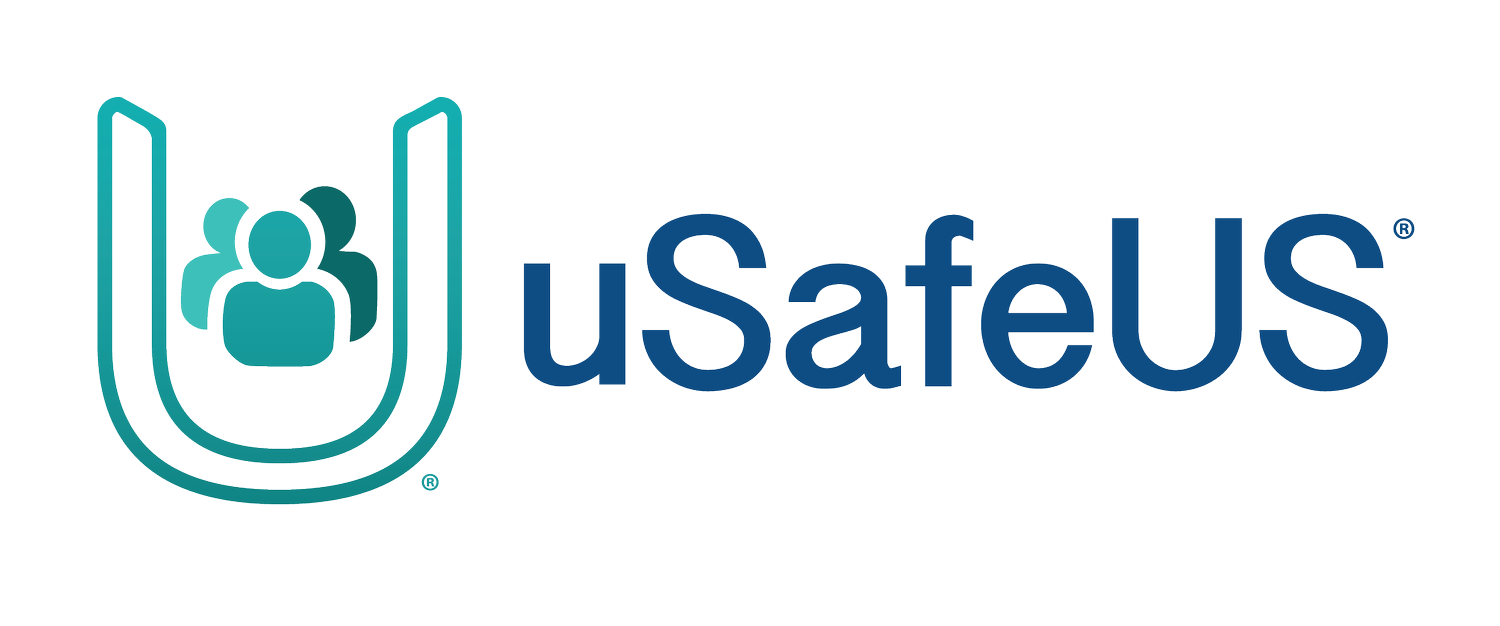What You Need to Know About the Stop Campus Hazing Act
Signed into law on December 23, 2024, the Stop Campus Hazing Act is a major step forward in preventing hazing and promoting safety on U.S. college campuses. Developed in collaboration with campus safety experts, families of hazing victims, and fraternity and sorority leaders, this legislation introduces a clear federal framework for how colleges must address and prevent hazing.
Let’s break down what this law means, why it matters, and how it will affect students, families, and schools moving forward.
Why This Law Matters
Hazing has long been a serious and sometimes deadly issue on college campuses. From dangerous initiation rituals to unchecked group dynamics, the risks are real—and often hidden from public view.
The Stop Campus Hazing Act aims to change that by increasing transparency, accountability, and prevention. For the first time, federal law is mandating how colleges report, track, and respond to hazing, helping push a cultural shift toward safer, more informed campus communities.
The Three Key Requirements of the Stop Campus Hazing Act
Here are the core components of the new law that colleges and universities will now be required to follow:
1. Annual Hazing Statistics in Security Reports
Colleges will now be required to include hazing statistics in their annual campus security reports. These stats must reflect any hazing incidents reported to campus security or local law enforcement—shedding light on the prevalence of hazing at each institution.
2. Comprehensive Hazing Policies and Prevention Programs
Every college must now implement clear, actionable anti-hazing policies, including:
A process for reporting incidents
A description of the investigation procedures
Research-based prevention strategies tailored to the specific needs of their campus community
This ensures that schools aren’t just reacting to hazing—they’re actively working to prevent hazing.
3. Public Hazing Transparency Reports
Schools must also publish a Hazing Transparency Report, which will include:
The name of the student organization involved
A summary of the violation
The date the investigation concluded
The date the organization was notified
This public-facing report will help students, families, and communities stay informed about hazing incidents and how institutions are handling them.
What This Means for Colleges—and for You
These updates won’t require schools to overhaul their entire systems. In fact, the requirements are designed to integrate seamlessly into the existing annual security reports that colleges already submit.
But the impact will be far from minor. With greater visibility and accountability, students, families, and the general public will have more access to information about campus safety—and more tools to hold colleges accountable when hazing does occur.
Final Thoughts
The Stop Campus Hazing Act represents a crucial step toward making college a safer, more transparent experience for everyone. Whether you’re a student, a parent, a college administrator, or just someone who cares about campus safety, this law is a reminder that accountability saves lives—and that change is not only possible, but happening.
For more information please visit:
https://www.clerycenter.org/scha-what-you-need-to-know
https://www.congress.gov/bill/118th-congress/house-bill/5646
